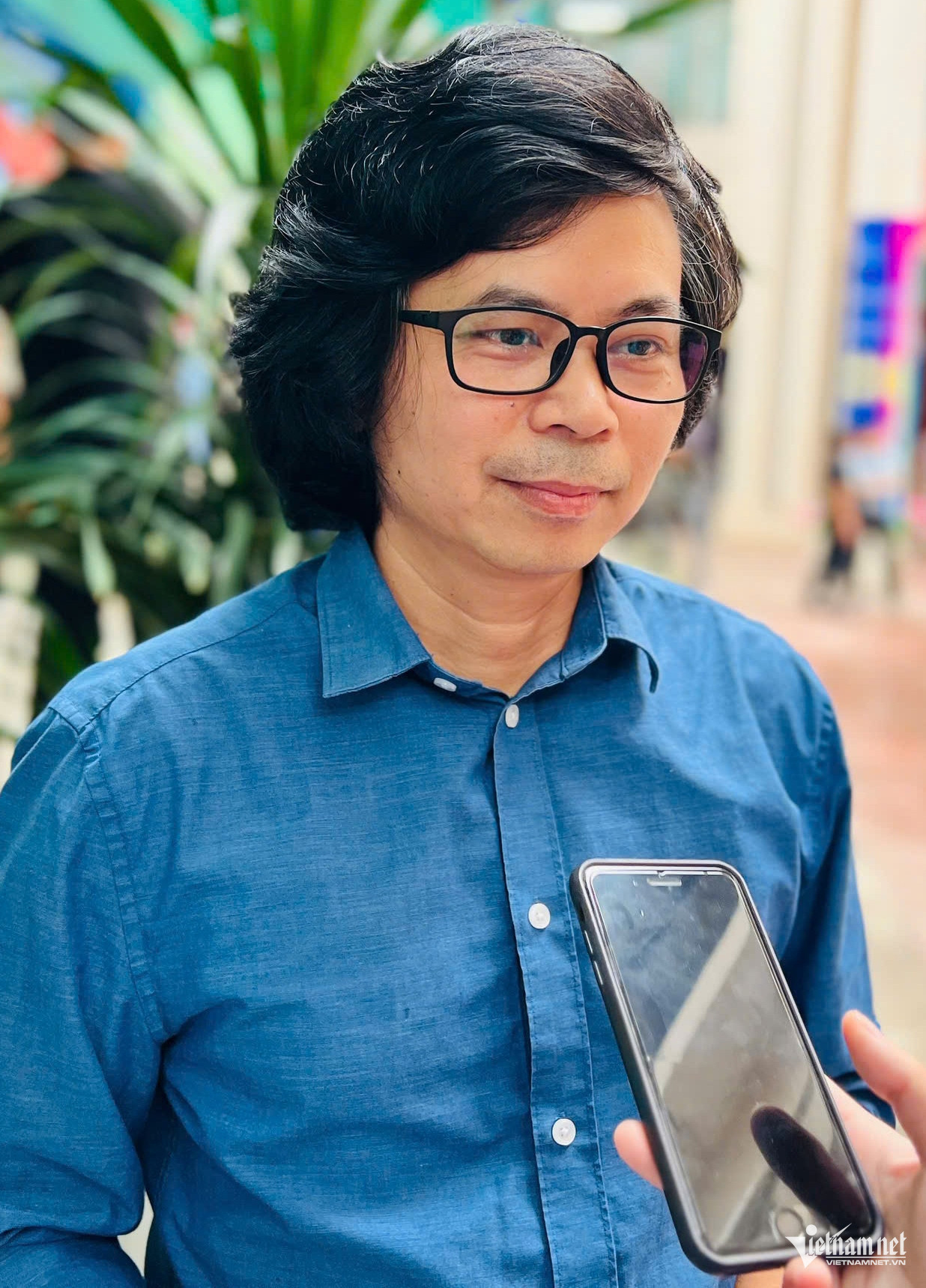
Are there ‘no-entry zones’ and ‘sensitive zones’ for documentary film directors in Vietnam?
Documentary film is not that common, but the seats at the recent European-Vietnamese documentary film festival were all occupied. Is this a surprise? Why were the films so attractive to audiences?
The crowded shows are good news for Vietnam’s documentary film directors. I think the attractiveness lies in the way of approach and the new topics of the world’s directors.
The films chosen to be shown at the festival have won high prizes. They have new angles of viewpoints and new ways of exploitation. I think these are the ‘dishes’ that everyone is seeking and striving for. It is the attractiveness which explained why in the past, the viewers were mostly older people, but at present, there are many young viewers.
Documentary films are attractive because they tell stories about life, and matters of world concern, such as gender equality, children, environment and politics. It is the honesty of documentary films which creates a certain appeal to Vietnamese audiences.
You have just mentioned the topic about politics and politicians. There are few documentary films about this topic, while it is a very attractive topic for the world’s documentary film directors. Most recently, the film about the former US President Donald Trump has caught the public’s special attention. Why don’t Vietnam’s documentary films exploit this attractive topic?
Vietnam has films about politics and politicians, but the number of such films is very modest. In fact, we really want to produce these films. However, in order to do this, we must get the nod from leaders. Directing films about politicians means telling stories about their lives and their great contributions to the country.
In foreign countries, films are made for business purposes, while in Vietnam, the films for propaganda purposes are mostly made with the state’s investment.
Some analysts commented that the European-Vietnamese documentary film festival is just a dialogue between Vietnam and other countries. There is still a big gap between Vietnamese and European films. What would you say about the quality of Vietnam’s documentary films?
When attending the festival, we always choose products with similar topics to create cultural dialogues. We make choices depending on the topics designed for every year, and this is really a difficult choice.
However, after many years of organizing this film festival, we have found that the approach and the exploitation of problems between parties are quite different. First of all, this is the difference between Vietnam and Europe, and each country has its own style.
In general, foreign documentary films don’t use comments, while Vietnamese films always have comments. Thanks to cultural exchanges, Vietnamese directors have gradually approached the international filming industry. Many Vietnamese films no longer have comments, and there are only dialogues and the speech of every character.
We want to come closer to international style of displaying issues, cultural style and other matters. However, Vietnam’s documentary films focus on propaganda purpose, which makes it difficult for directors to follow foreign styles.
Most Vietnamese documentary films last 25-30 minutes, or 50 minutes at maximum, while foreign films may last 80-100 minutes. Therefore, they can tell a lot of stories within a film, with no limitations.
As initial investments and purposes are different, the ways of exploiting topics are also different. I believe that in the near future, the way of relating stories followed by Vietnamese directors and directors in the world will come closer to each other.
We are trying to integrate into the world and we want to introduce our products to the world, so we need to use the same language and deploy the same approach.
Budgeting is believed to be one of the most important factors when making a documentary film. Do you think that limited budgeting is a factor affecting the quality of Vietnam’s documentary films?
Investment scale plays an important role that determines the quality of films. In foreign countries, it takes several years to make a film, while in Vietnam, a film project is implemented within several months. Directors make films to investors’ orders, while we make films in accordance with the state’s plans. It is obvious that the budgeting affects the creativity of film directors.
My Anh